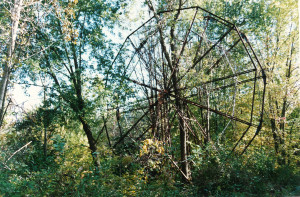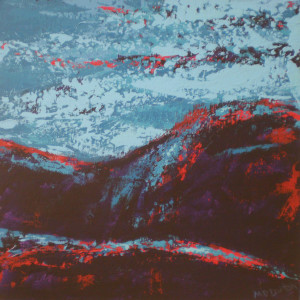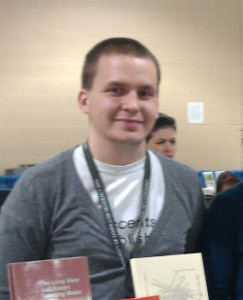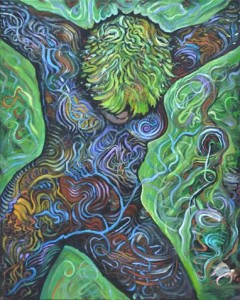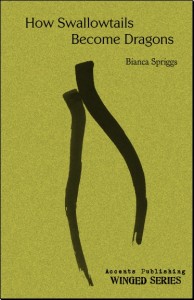Rebecca Thomas graduated with a BA in Art Studio with an emphasis in photography from the University of Kentucky. She‘s inspired by finding traces of the human footprint, abandoned for nature to reclaim, and by what people choose to leave behind and how the earth reclaims the scraps.
Each week we will post artwork submitted to Accents in hopes that you are inspired to write and share.
If you are interested in submitting please send your art to christopher.accents (at) gmail.com with a 50 word bio.
